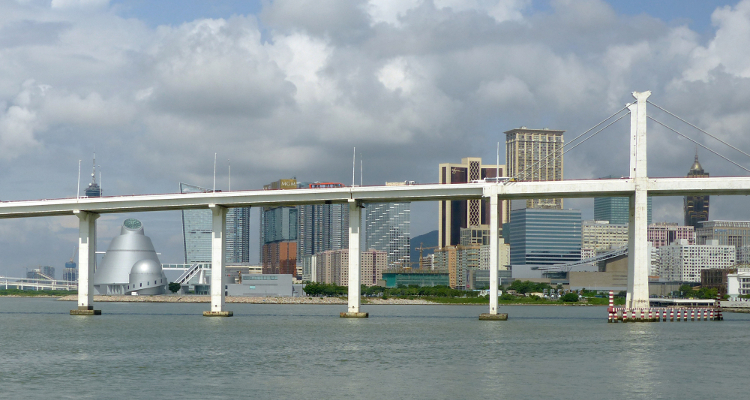A new report from the International Monetary Fund has reportedly predicted that the economy of Macau is set to grow by 2.8% in 2017 after failing to chalk up any forward progress over any of the previous four years.
According to a report from local television and radio broadcaster Teledifusao De Macau, the global financial institution praised the local government for weathering the recent storm and keeping unemployment low but warned that the former Portuguese enclave is still overly reliant on gambling and must continue efforts at diversifying its economy.
“The size and speed of the shock underscored the need to transition to a more diversified economic model going forward,” read the report from the International Monetary Fund. “The narrow export base will leave Macau vulnerable to shocks, particularly with respect to a sharp slowdown in the mainland or policy changes that affect Chinese residents’ ability to spend money abroad.”
The International Monetary Fund report also declared the four-year depression had nevertheless led to a stabilisation in the Macau property market after house prices had risen nearly four-fold in just six years and the organization called on local leaders to institute new policies in order to ensure housing is more accessible without loosening current property restrictions.
However, Gregory Ku, Managing Director for Macau-based real estate agent Jones Lang LaSalle Macau, reportedly disagreed concerning restrictions and told Teledifusao De Macau that the government should scrap a special sales tax on houses as the policy was proved “divisive”.
“This special stamp duty won’t help the locals to buy a house at a lower price,” Ku told Teledifusao De Macau. “It won’t help, it’s not related, but it reduced transactions, which will affect the market, affect the investors and affect the developers.”
But, the International Monetary Fund investigation reportedly found that the city’s strong economy was the main driver of the skyrocketing property prices and advised caution by stressing that “fuelling demand via loosening macro-prudential regulations amid tight supply may increase the price more than improve affordability”.
For its part, the government reportedly explained that it was open to further measures that would curb property speculation and was trying to work at both ends of the market by providing public housing to its poorest citizens while simultaneously making more land available for private developers, especially in new reclaimed areas.


